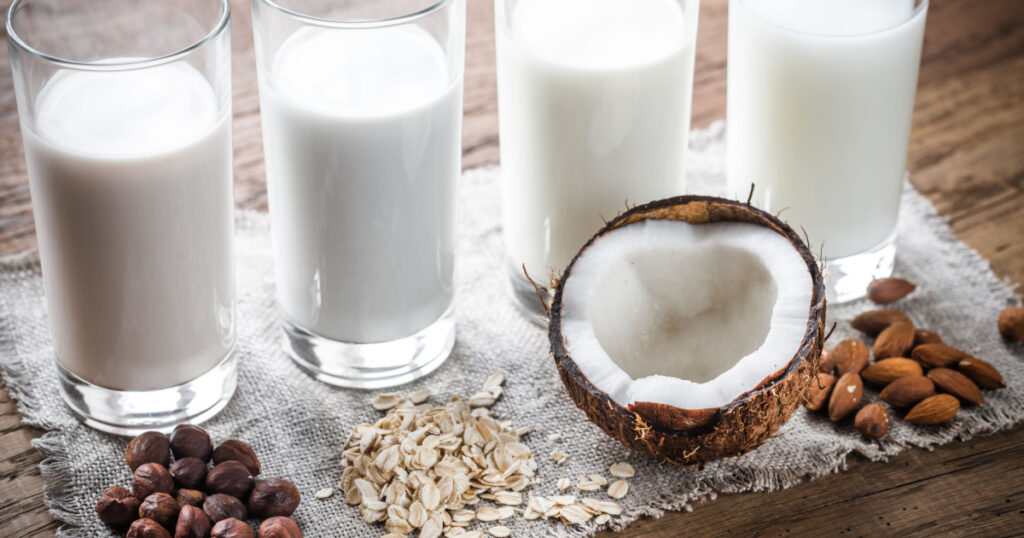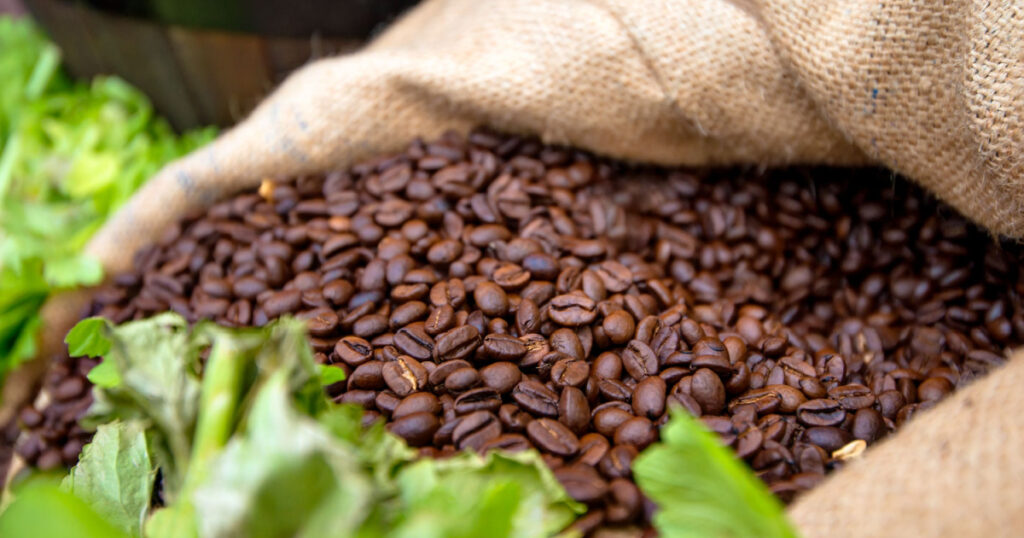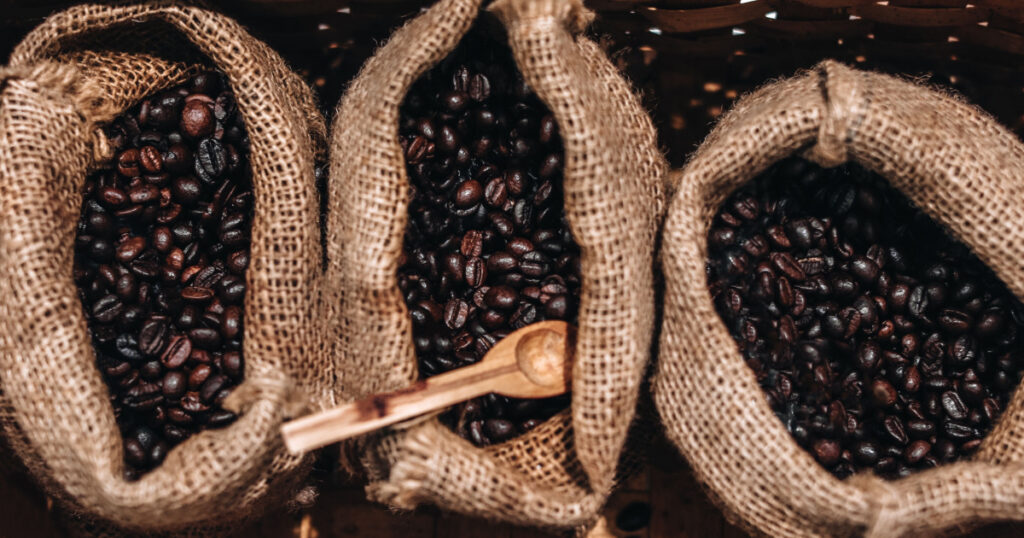Coffee is one of the most popular beverages worldwide. Not only does it provide an energy boost in the morning, but it also offers numerous health benefits. It does all of this for a very low-calorie count, provided you don’t add lots of sugar and cream to it. However, it’s important to note that there are also a few drawbacks to excessive consumption. Let’s look at the health benefits of coffee, its drawbacks, and eight ways to make your coffee habit healthier.
The Health Benefits of Coffee
Coffee is packed with antioxidants, which help protect our bodies against free radicals. These antioxidants have been linked to a reduced risk of various diseases, including type 2 diabetes, Parkinson’s disease, and certain types of cancer. Furthermore, coffee has also been shown to improve cognitive function, enhance physical performance, and boost metabolism. (1)
Drawbacks of Coffee
Although coffee offers several health benefits, it is important to keep in mind that excessive consumption can have drawbacks. The main drawback is its high caffeine content. Consuming too much caffeine can lead to sleep disturbances and increased anxiety. Additionally, some people may experience digestive issues such as acid reflux or an upset stomach. Therefore, moderation is key when enjoying coffee. (2)
8 Ways To Make Your Coffee Habit Healthier
As already mentioned, coffee has a whole host of health benefits – if you consume it the right way. Thankfully, keeping your morning cup a beneficial part of your daily routine is easier than you think. These are just some of the ways to make coffee healthy, every day.
1. Add Cinnamon to Your Coffee

Adding a pinch of cinnamon to your coffee not only imparts a delightful aroma but also provides numerous health benefits. Cinnamon is rich in antioxidants and has anti-inflammatory properties. It may help lower blood sugar levels, improve insulin sensitivity, and reduce the risk of heart disease. Moreover, cinnamon adds a natural sweetness to your coffee, reducing the need for added sugar. (3)
2. Use Nut Milk Instead of Dairy

For those looking to reduce their dairy consumption, substituting regular cow’s milk with nut milk is a great option. Nut milk, such as almond or oat milk, provides a creamy texture without the cholesterol and lactose found in dairy. These alternatives are also often fortified with vitamins and minerals, making your coffee more nutritious. Be sure to look for sugar-free, organic brands. (4)
3. Opt for Organic Coffee

Choosing organic coffee ensures that you are consuming a product free from pesticides and chemical fertilizers. Organic farming methods protect the environment and your health. Additionally, organic coffee has been found to have higher levels of antioxidants compared to conventionally produced coffee. As an ethics/human rights addition, look for coffees labeled fair trade (with the official fair trade logo) to ensure proper wages and working conditions for farmers and farm workers. (5)
4. Skip the Artificial Sweeteners

Artificial sweeteners may be enticing for those watching their calorie intake; however, they come with their own set of concerns. Studies suggest that artificial sweeteners, such as aspartame and sucralose, may lead to weight gain, disrupted gut bacteria, and increased sugar cravings. Instead, reach for natural sweeteners like stevia or a small amount of honey or (real) maple syrup to add a touch of sweetness to your coffee. (6)
5. Enjoy it Black

Although some may find the idea unappealing, drinking your coffee black can be a healthy choice. By avoiding added sugar, milk, or creamers, you eliminate unnecessary calories and unhealthy additives. Furthermore, black coffee allows you to fully enjoy the distinct flavors and characteristics of the coffee beans. The world of coffee is vast and there is no better way to taste the true flavor of different beans than to drink coffee without anything added that will interfere. There are also many ways to prepare coffee that will greatly affect its strength and flavor, so be sure to find the one that you like best.
6. Experiment with Herbal Additions

Enhance your coffee experience by trying herbal additions such as vanilla extract or a dash of cocoa powder. These natural flavorings can add complexity and depth to your coffee without adding excessive calories or sugars. Extracts like vanilla may also possess antioxidants and antimicrobial properties, further boosting the health benefits of your cup of joe.
7. Go for Dark Roast

When choosing coffee beans, consider opting for a dark roast. Contrary to popular belief, dark roast coffee actually contains less caffeine than its light roast counterpart. Additionally, the roasting process helps to retain more antioxidants, making it a healthier choice.
8. Drink Water Alongside Your Coffee

Coffee is a diuretic, meaning it can increase urination and potentially lead to dehydration if consumed excessively. To counteract this effect, make it a habit to drink a glass of water alongside your coffee. Staying hydrated is essential for overall health and will help balance the diuretic effect of coffee. (7)
How Much Is Too Much?
Much of how healthy your daily coffee is depends on how much coffee you are drinking and at what time of day. Experts suggest that you should drink no more than four cups a day, although this can vary depending on your body size and health status. If you are concerned about the amount of caffeine in your diet or have trouble sleeping after drinking coffee, consider cutting back gradually or switching to decaffeinated alternatives. This will also change depending on any health conditions you have or if you are pregnant. (8)
Timing of when you drink your last cup is also important. While many people say that they can drink a coffee right before bed and sleep fine, the reality is that the caffeine is still disrupting their deep sleep cycles. While they may be sleeping, they aren’t sleeping as well as they think. Experts suggest that you should not drink coffee, or any caffeinated beverages, past 2pm to avoid disrupting your sleep. (9)
Enjoy Coffee, Keep It Healthy
Coffee can be a part of a healthy lifestyle when consumed in moderation and with the right choices. By adding cinnamon, avoiding adding artificial products, lots of fat and sugar, and staying hydrated, you can make your coffee habit super healthy. So, go ahead and savor your cup of coffee knowing that you’re taking steps toward a healthier brew.
Sources
- “Health Benefits of Coffee.” Rush. Colleen Frankhart.
- “The Nutrition Source.” Harvard
- “Cinnamon improves glucose and lipids of people with type 2 diabetes.” NCBI. Alam Khan. et al.
- “Almond Milk vs. Cow Milk: Which is Healthier?” Kay Nutrition. Stephanie Kay.
- “Effect of Household Coffee Processing on Pesticide Residues as a Means of Ensuring Consumers’ Safety.” NCBI. Seblework Mekonen, et al.
- “Sugar substitutes: New cardiovascular concerns?” Harvard. Julie Corliss.
- “Should I drink water and coffee together?” Fresh Ground. Alex.
- “Spilling the Beans: How Much Caffeine is Too Much?” FDA
- “International Coffee Day: The time of day you should stop drinking coffee, according to science” Independent. Chelsea Ritschel.

